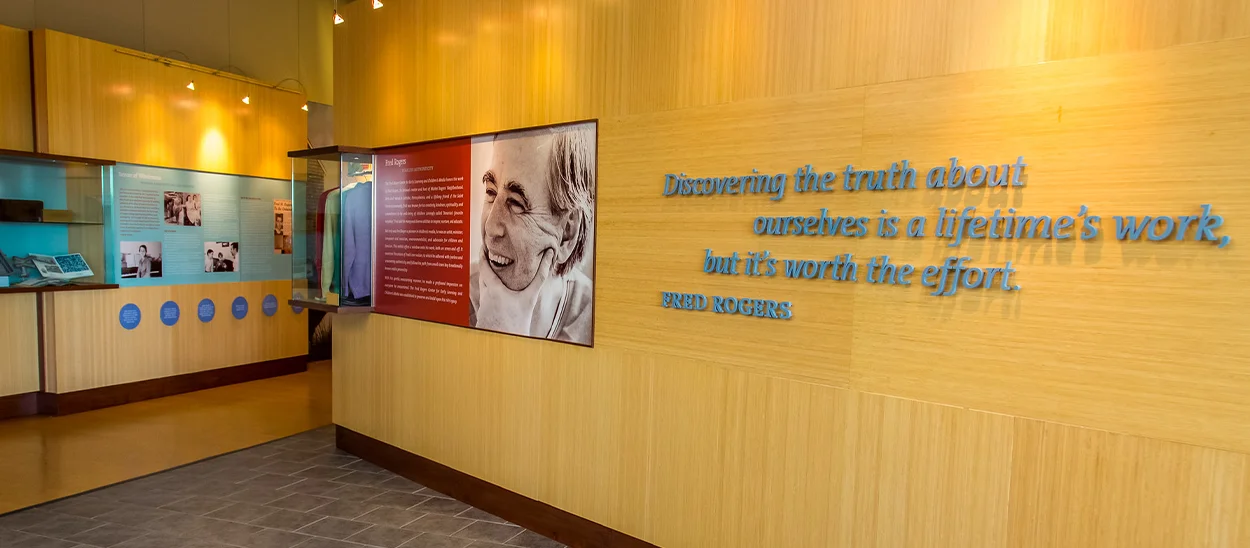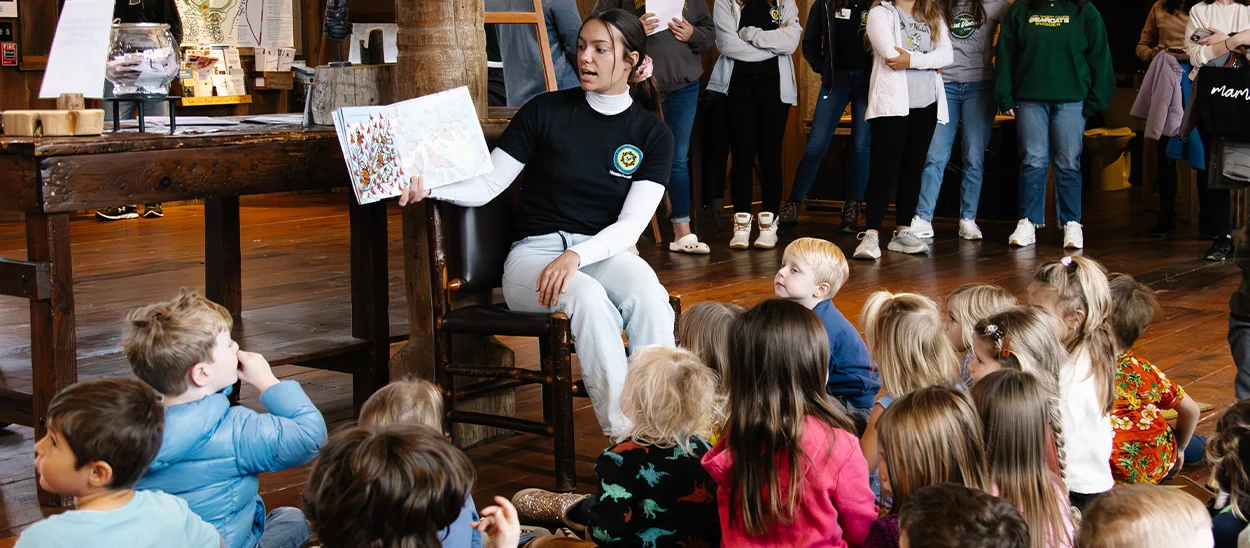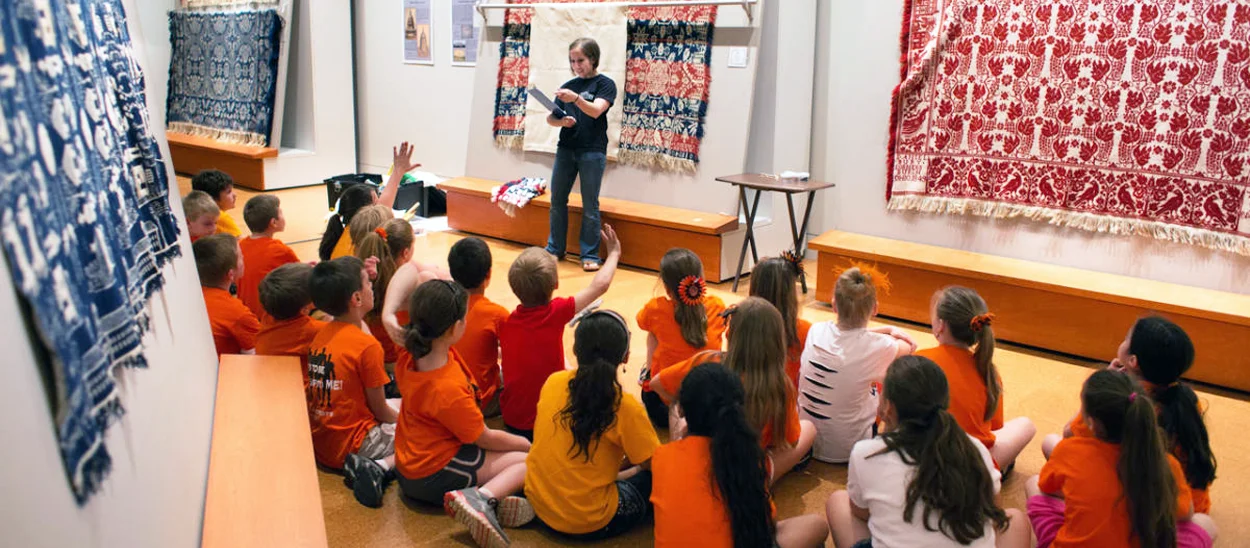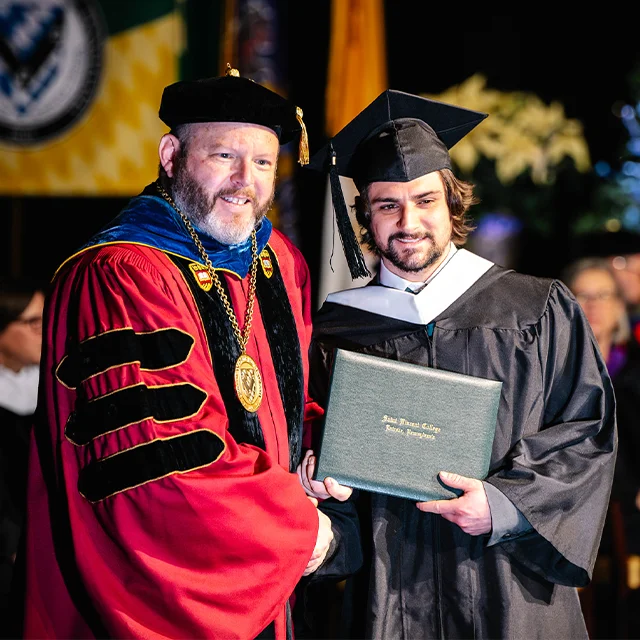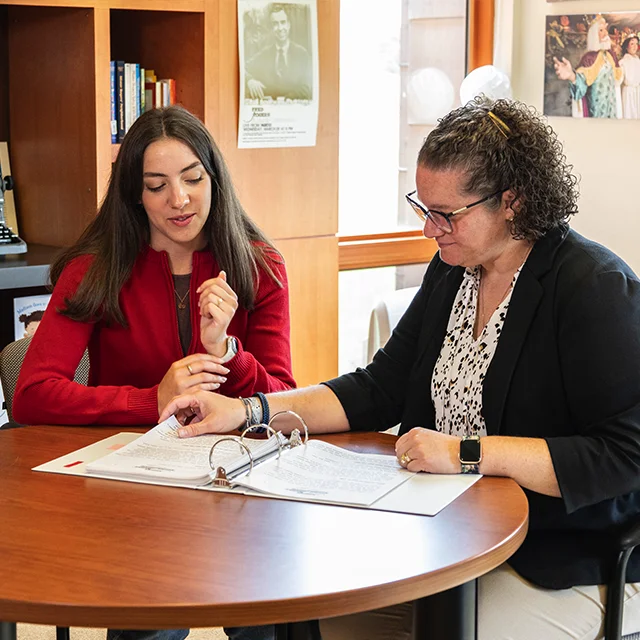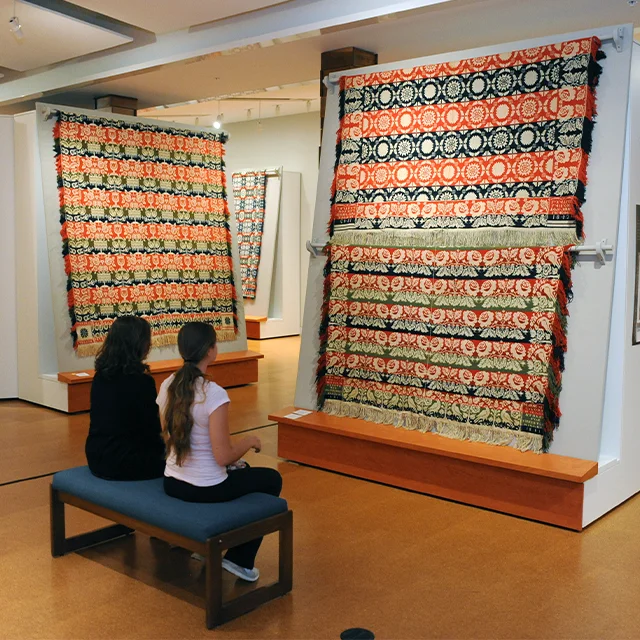- Preschool or early childhood educators
- Reading specialists (with additional certification)
- Literacy coaches
- Children’s librarians
- Museum or cultural program educators
- Children’s program coordinators (at nonprofits, after-school programs, or family literacy centers)
- Early literacy outreach specialists
- Youth services coordinators
Our students have secured jobs at a variety of places including:
- School districts across the Commonwealth and U.S.
- Catholic schools across the Commonwealth and U.S.
- Independent schools such as The Valley School of Ligonier
- Museums
- Libraries
- Fred Rogers Institute
- Winnie Palmer Nature Reserve

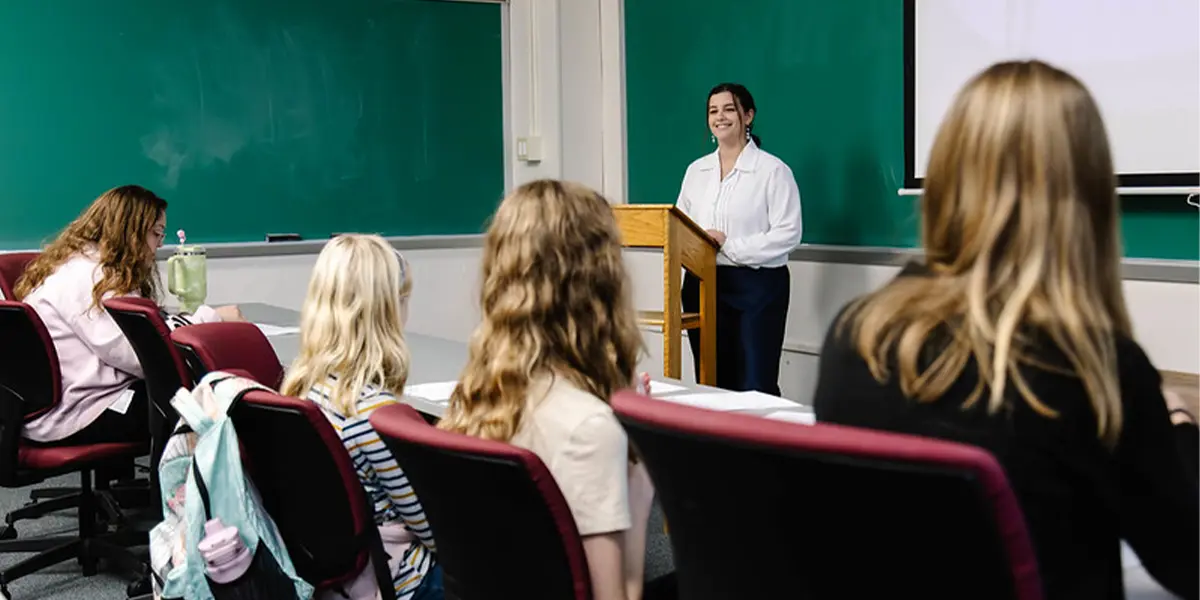
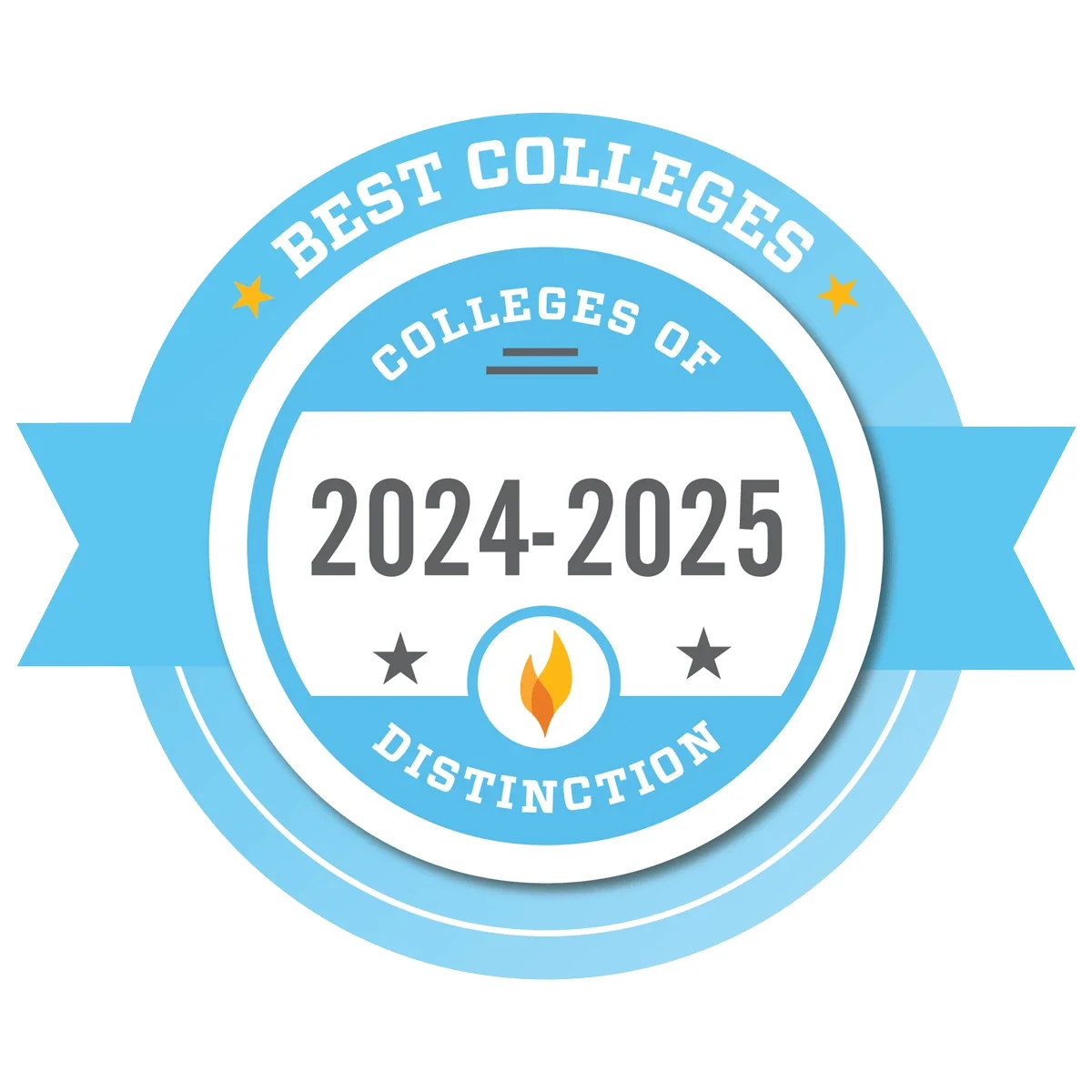 The children’s literature minor invites students to dive into the rich world of literature written for and about children. Through engaging coursework, you'll examine how stories shape childhood, reflect societal values, and give voice to young perspectives.
The children’s literature minor invites students to dive into the rich world of literature written for and about children. Through engaging coursework, you'll examine how stories shape childhood, reflect societal values, and give voice to young perspectives.